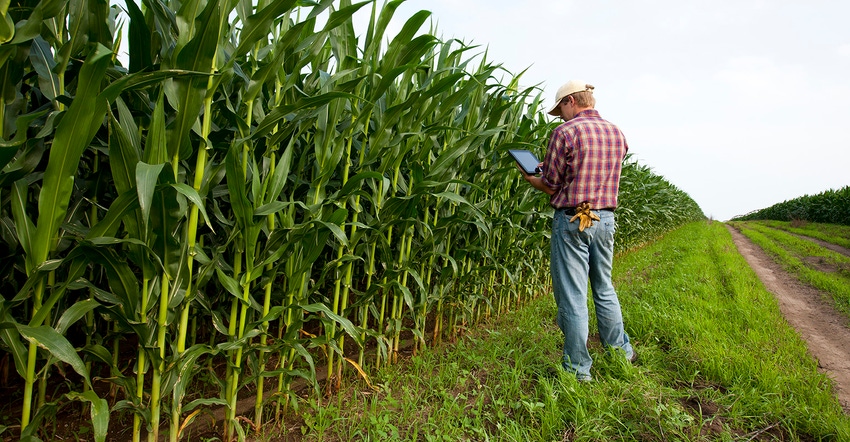
When you think about your farm operation and what you want it to be like in the future, what comes to mind? It’s probably a successful, thriving operation that will be around long into the future. Maybe there are family members in the next generation who are involved. Maybe there are additional acres or side businesses that bring in more revenue.
However you picture your operation in the future, you as the farm leader have a major role in helping to ensure it gets there. And it’s the job of the leader to build a better farm business.
Efficiency’s the thing
One of these important aspects is the concept of efficiency across the whole operation. In a commodity business such as grain farming where farms are producing a commodity product (grain), the key concept is to work on becoming the most efficient producer per unit (in grain farming, per bushel).
It’s true that while margins may be greater right now for many farms, becoming more efficient is still key. As many farmers know, a day will come when grain prices go lower – it’s all part of the commodity cycle. Typically you’ll have two or three years where greater production is encouraged through higher prices, followed by six or seven years or so in a lower price range.
Working to become more efficient in many areas of your operation while margins are still in that wider range is one of the best things farm leaders can do. Being aware of – and always using – the concept of financial feasibility when it comes to every “money decision” for the operation is the right mindset to take.
Consider these three
Here are three things to consider when working to build in greater efficiency.
Processes and procedures. Creating and using procedures or processes in as many areas of the operation as possible can help increase efficiency. Processes help keep people from having to “reinvent the wheel” over and over again in order to do a repeatable task. Processes can even help keep people safer when important pre-checks need to be done, resulting in an operation with lower risk of an accident. Problems can also potentially be discovered earlier, helping to reduce field downtime.
Technology. The amount of technology that can be used in farming today – from the production to the business side – is enormous, and at times can feel overwhelming. The key is choosing the right technology that will bring true gains in efficiency to your operation. When selecting new technology for the operation, be sure to vet it carefully, use trials first if possible, and always keep in mind whether it will help your unique operation.
Partnerships and advisors. When it comes to partnerships, you can consider ideas like combining resources with a neighboring operation for planting or harvest equipment, if it makes financial sense and adds efficiency. Also, farm leaders can and must wear many different hats throughout each workday, but it’s also true that it’s impossible to be an expert in everything that’s required to run a farm operation these days – nor do you have the time! Consider working with experts when it comes to aspects of your farm that can make a big difference to its success but require lots of specialized knowledge or information.
Free trial
One area that farm leaders say can be challenging is marketing the crop. Many farmers have found our marketing information service, MarketView Basic, to be helpful. You can get a free two week trial – which includes regular audio and video updates, technical analysis, recommendations and more. Learn more about our market advisor programs and offerings at www.waterstreetconsulting.com.
The opinions of the author are not necessarily those of Farm Futures or Farm Progress.
About the Author(s)
You May Also Like






